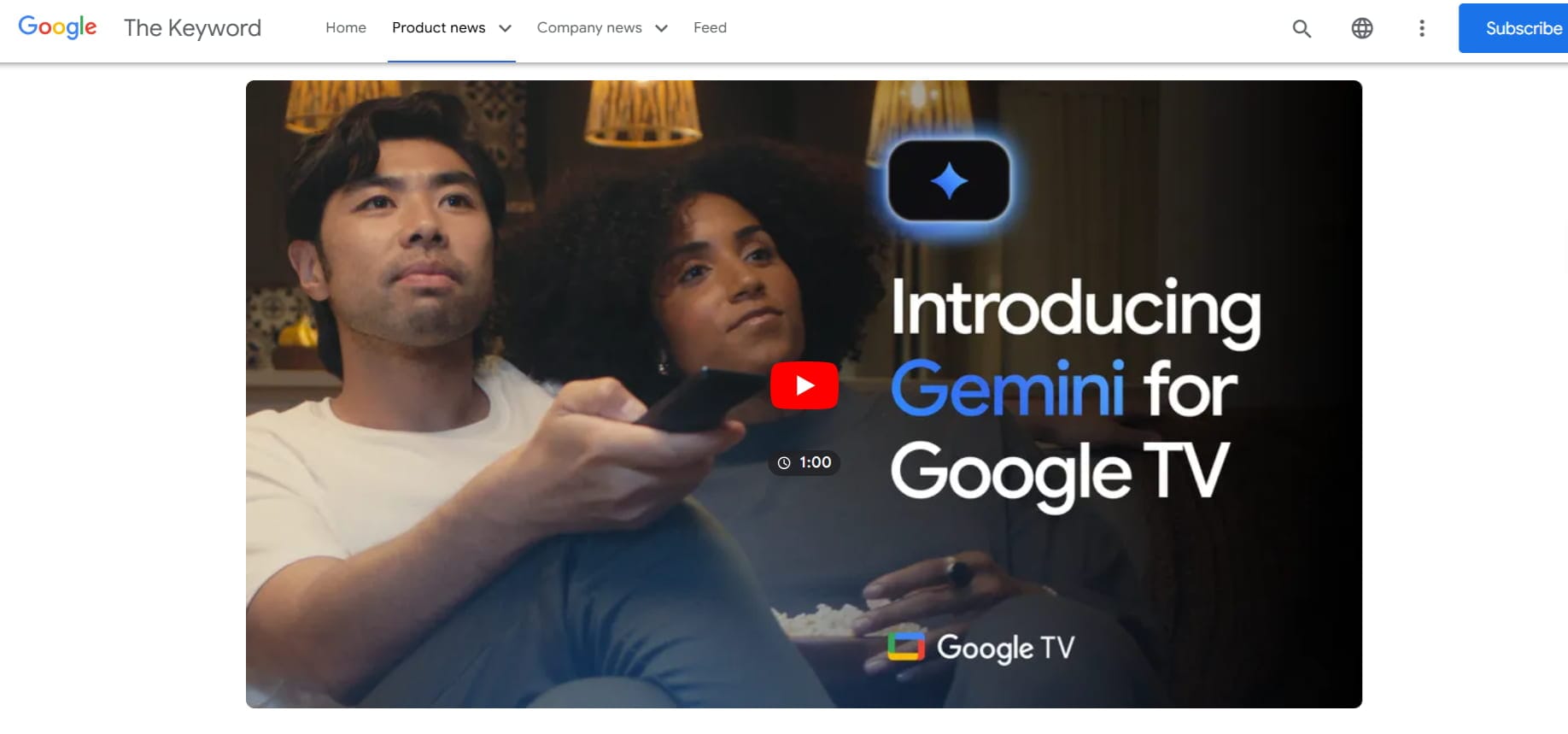According to several reports, Google is launching a new feature in its Chrome browser for desktop and Android users that will automatically disable notifications from websites that users often ignore. Building on Chrome’s already-existing Safety Check function, the addition aims to enhance browsing and lessen “notification fatigue.”
Users may currently manage sensitive rights like location tracking and camera access with Chrome’s Safety Check function, according to reports. By automatically removing permission for websites that send too many alerts with little to no interaction, the latest version expands that feature to website notifications.
How Google Chrome New Feature will Work?
Users can simply unsubscribe from website alerts with a single press thanks to an existing Android functionality that is mirrored by the auto-revocation feature. Web apps that are installed on the device won’t be impacted, though.
Only websites with a high volume of alerts and little user interaction will have their notifications turned off. Google was quoted in reports as saying that the majority of pop-up warnings are ignored, with less than 1% of all web notifications in Chrome receiving any user reaction. According to reports, Google stated in its announcement that it has already begun testing this capability.
According to test results, it significantly reduces notification overload while only slightly altering the overall number of notification clicks. Additionally, Chrome’s experiments show that websites with fewer notifications are actually receiving more clicks.
Chrome Users Can Remove Auto-Revocation Feature Completely
Chrome users still have the option to completely disable the auto-revocation feature. By going back to certain websites or changing permissions via Chrome’s Safety Check option, they can also allow notifications from those websites again. The feature is anticipated to be available to all users in a future browser update, though Google has not yet specified a precise rollout date.
The two most important factors for many consumers weighing Chrome against the competition will be which browser best protects their privacy and any new AI browsing enhancements, such as Chrome’s Gemini. For Chrome users, the news is less favourable on that front.
As the most popular browser in the world evolves, users will need to quickly become accustomed to a new level of tracking brought about by Google’s extremely unquiet Gemini update in Chrome.
|
Quick Shots |
|
•Google Chrome introduces •Expands Chrome’s existing •Websites sending too many •Users can unsubscribe from •Reduces notification overload •Installed apps will continue |
